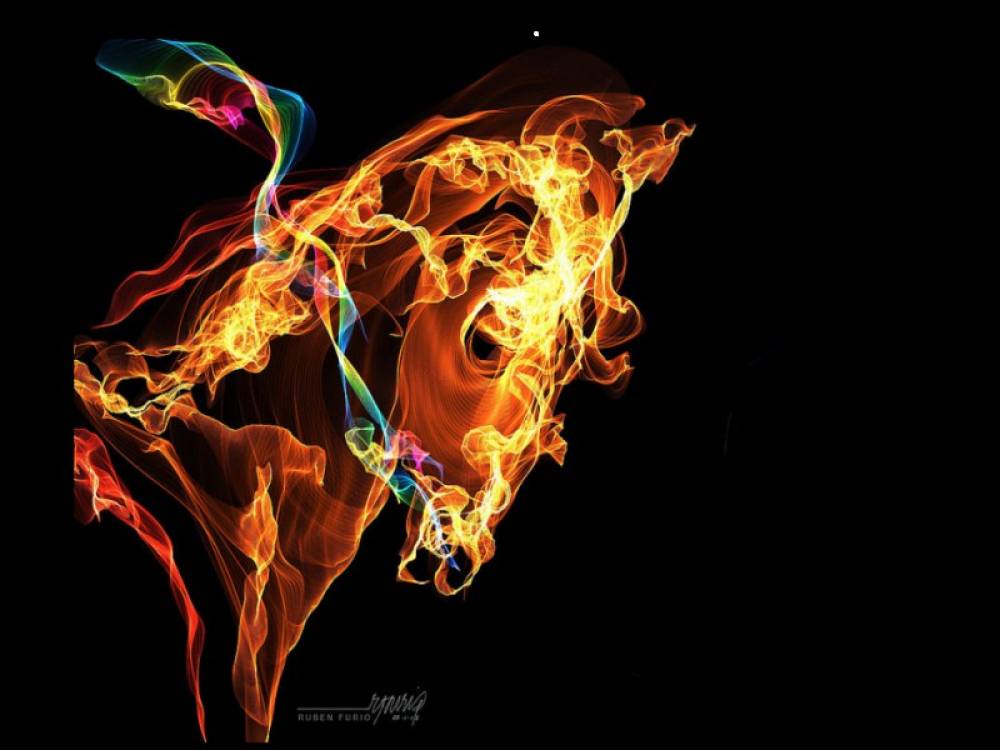
Lasers belonging to this class emit large-diameter or divergent beams, and the MPE cannot normally be exceeded unless focusing or imaging optics are used to narrow the beam. Class 1 lasers can also include enclosed, high-power lasers where exposure to the radiation is not possible without opening or shutting down the laser.Ĭlass 1M lasers are safe except when used in conjunction with optical components such as telescopes and microscopes. Lasers in this class do not emit radiation at levels that may cause injury during normal operation, and therefore the maximum permissible exposure (MPE) cannot be exceeded. This class of laser is safe under all conditions of normal use, including use with optical instruments for intrabeam viewing. A description of each class of laser is given below: Class The IEC document 60825-1 outlines the safety of laser products. The International Electrotechnical Commission (IEC) is a global organization that prepares and publishes international standards for all electrical, electronic, and related technologies.

Lasers are categorized into different classes according to their ability to cause eye and other damage. Do not use Laser Viewing Cards in place of a proper Beam Trap.


Carry out experiments on an optical table such that all laser beams travel horizontally.All beams should be terminated at the edge of the table, and laboratory doors should be closed whenever a laser is in use.A fiber-pigtailed laser should always be turned off before connecting it to or disconnecting it from another fiber, especially when the laser is at power levels above 10 mW.Thorlabs' Enclosure Systems can be used to contain optical setups to isolate or minimize laser hazards.Blackout Materials can prevent direct or reflected light from leaving the experimental setup area.Laser Safety Curtains and Laser Safety Fabric shield other parts of the lab from high energy lasers.Goggles are marked with the wavelength range over which protection is afforded and the minimum optical density within that range.Laser goggles designed for specific wavelengths should be clearly available near laser setups to protect the wearer from unintentional laser reflections.Regardless of laser class, Thorlabs recommends the use of laser safety eyewear whenever working with laser beams with non-negligible powers, since metallic tools such as screwdrivers can accidentally redirect a beam.Laser safety eyewear must be worn whenever working with Class 3 or 4 lasers.Safe Practices and Light Safety Accessories


 0 kommentar(er)
0 kommentar(er)
